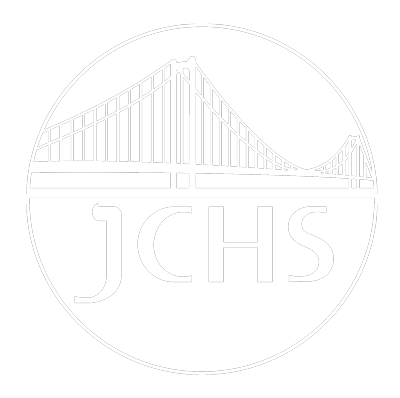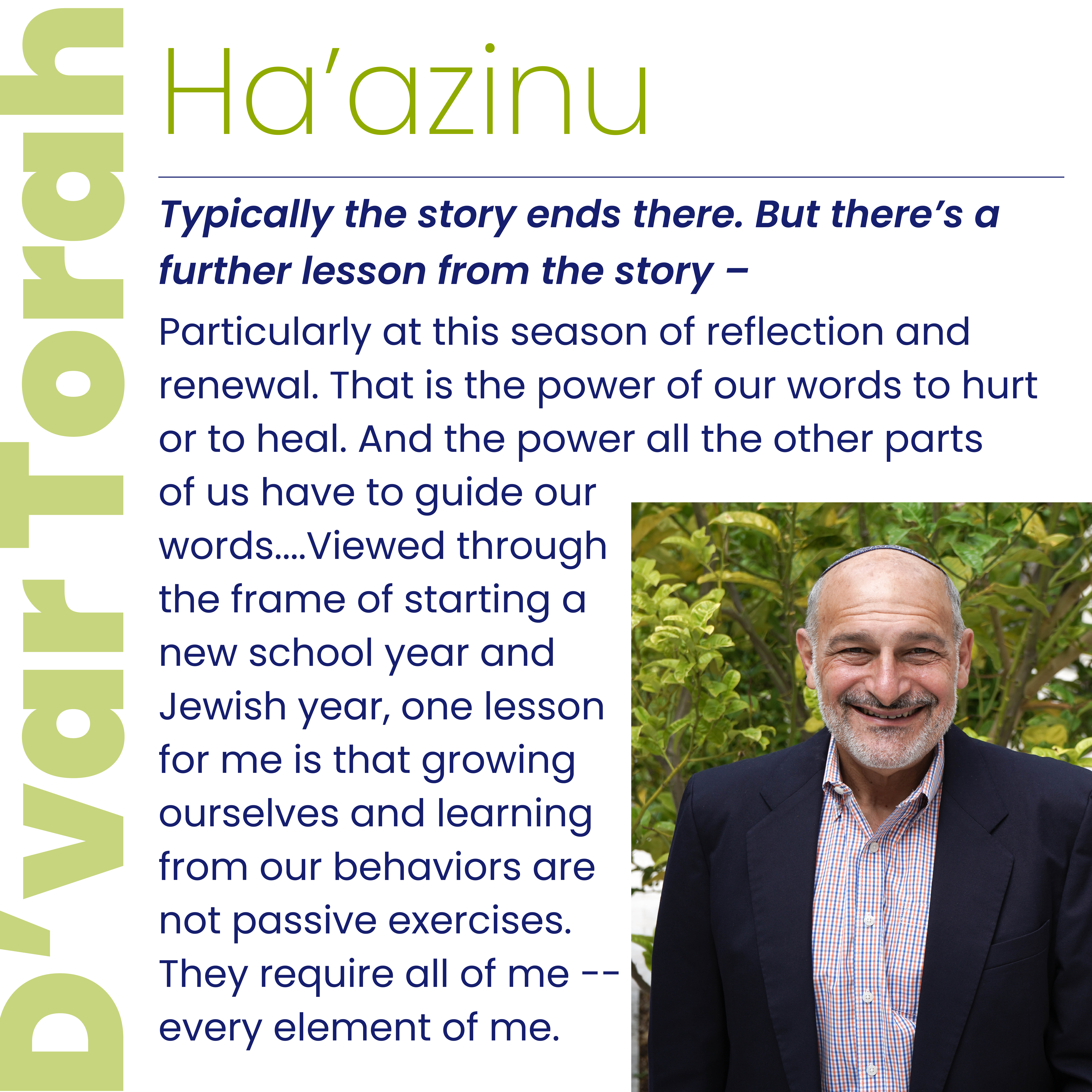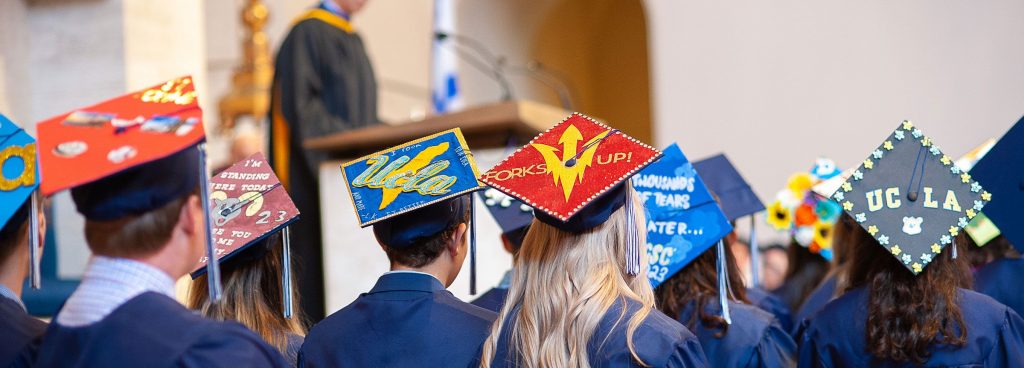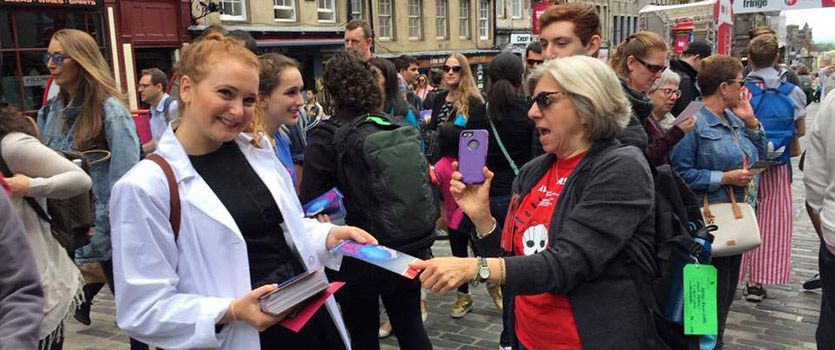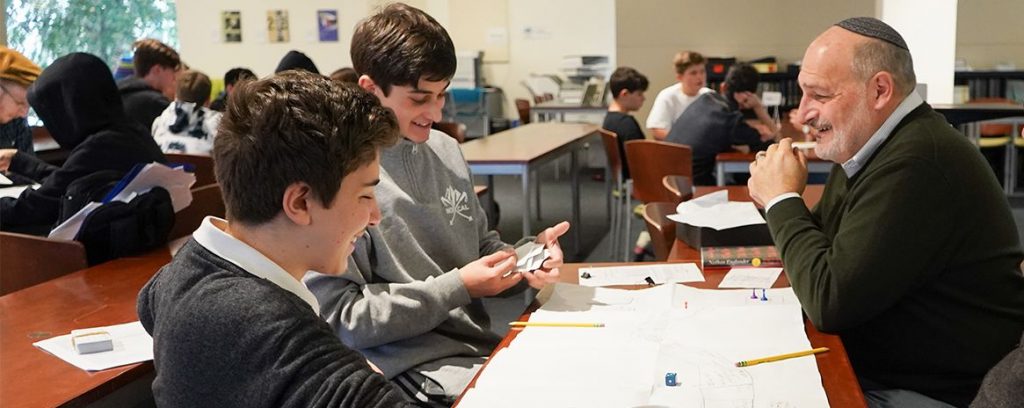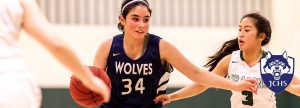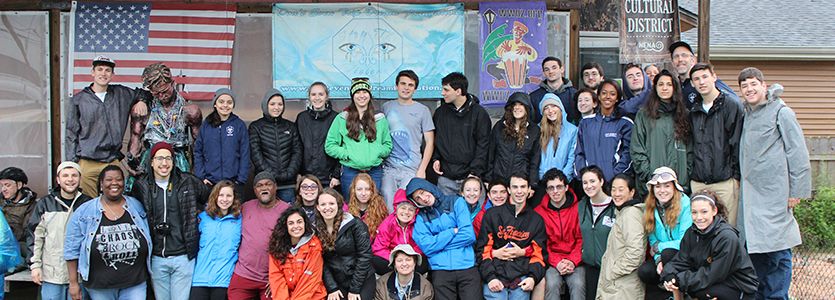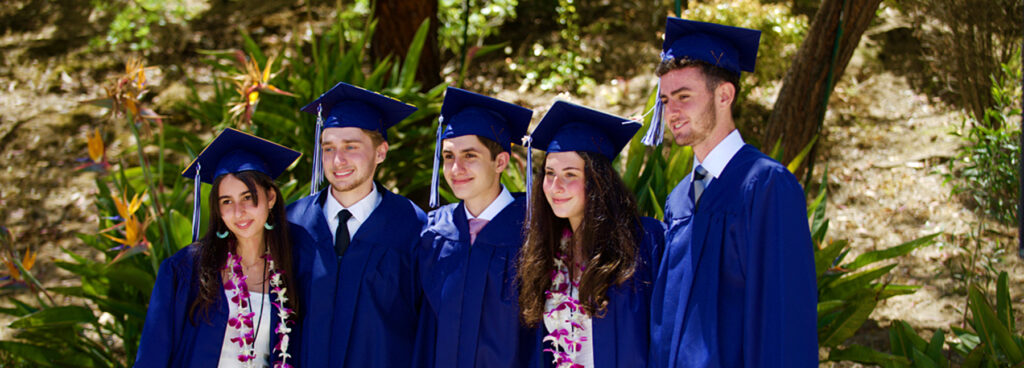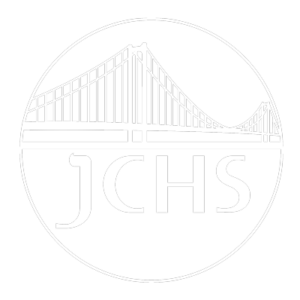Rabbi Howard Jacoby Ruben, Head of School
There is a curious pattern emerging in the Torah narratives we read on either side of Yom Kippur about different essential elements of the human body – eyes, ears, and mouth.
For instance, last Shabbat, in parshat Vayeilech, we were told these three were essential to transmitting Torah. (E.g., Deut. 31:7, 31:11, 31:19). Then this week’s Torah portion, Ha’azinu (lit. “to give ear”), derives its very name from the ears. (Deut. 32:1.) The emphasis on these essential parts of our bodies closely follows Rosh Hashanah (lit. “head of the year”).

All of which calls to mind a story about an ancient, very sick king of Persia. Here’s a version of the story adapted from Yalkut Shimoni (11th/12th century collection of rabbinic legends).
The king’s doctors report the only cure is to drink milk from a lioness. One brave hunter volunteers to collect the milk. The hunter tracks a lioness to her den. He listened patiently waiting for the lioness to get comfortable with his presence. Then he gently approaches and takes some of her milk.
On his overnight journey back to the king, the hunger has a fitful sleep. In his dreams every element of his body is boasting and claiming credit for successfully gaining the precious milk.
The eyes said, “Thanks to me and only me, we found the lion’s den.” The ears said, “Thanks to me and only me, we gained trust of the lion.” All through the night boasting and bragging. The mouth said, “Thanks to me and only me, we embarked on the mission because I volunteered.” Something about the mouth’s tone set off the others. The others shouted the mouth down in hurtful ways.
As the hunter woke and resumed his trek to the palace, the mouth started to get angrier and angrier about all the hurtful things the eyes and ears had said.
By the time the hunter got to the palace, the mouth was feeling so hurt and angry it blurted out, “Your highness, I have brought you this milk . . . from a pig!” The king was shocked and had the hunter put in the dungeon. There the mouth was feeling pretty proud of itself for demonstrating its power over the ears and eyes!
Then the mouth called over a guard saying, “Tell the king the milk is really from a lion. It will cure the king.” The king drank the milk and was cured. The hunter was released from the dungeon.
Typically the story ends there. But there’s a further lesson from the story – particularly at this season of reflection and renewal. That is the power of our words to hurt or to heal. And the power all the other parts of us have to guide our words. In the hunter story, the mouth speaks out while the other parts of the hunter stand back. They take no action to temper, correct, or stop the mouth.
Viewed through the frame of starting a new school year and Jewish year, one lesson for me is that growing ourselves and learning from our behaviors are not passive exercises. They require all of me — every element of me.
So it is for a school community too. We cannot rely on one person or even a small group of people to build this community. It takes all of us. Each of us has to bring all of ourselves to the vital work of making everyone feel welcomed and included here.
I am looking forward to seeing you in the Sukkah next Thursday so we can wish each other a wonderful Sukkot and “Moadim L’Simcha” (lit. “seasons for joy”).
The Week Ahead – Dvar Torah
Ha’azinu 5783
Rabbi Howard Jacoby Ruben
There is a curious pattern emerging in the Torah narratives we read on either side of Yom Kippur about different essential elements of the human body – eyes, ears, and mouth.
For instance, last Shabbat, in parshat Vayeilech, we were told these three were essential to transmitting Torah. (E.g., Deut. 31:7, 31:11, 31:19). Then this week’s Torah portion, Ha’azinu (lit. “to give ear”), derives its very name from the ears. (Deut. 32:1.) The emphasis on these essential parts of our bodies closely follows Rosh Hashanah (lit. “head of the year”).
All of which calls to mind a story about an ancient, very sick king of Persia. Here’s a version of the story adapted from Yalkut Shimoni (11th/12th century collection of rabbinic legends).
The king’s doctors report the only cure is to drink milk from a lioness. One brave hunter volunteers to collect the milk. The hunter tracks a lioness to her den. He listened patiently waiting for the lioness to get comfortable with his presence. Then he gently approaches and takes some of her milk.
On his overnight journey back to the king, the hunger has a fitful sleep. In his dreams every element of his body is boasting and claiming credit for successfully gaining the precious milk.
The eyes said, “Thanks to me and only me, we found the lion’s den.” The ears said, “Thanks to me and only me, we gained trust of the lion.” All through the night boasting and bragging. The mouth said, “Thanks to me and only me, we embarked on the mission because I volunteered.” Something about the mouth’s tone set off the others. The others shouted the mouth down in hurtful ways.
As the hunter woke and resumed his trek to the palace, the mouth started to get angrier and angrier about all the hurtful things the eyes and ears had said.
By the time the hunter got to the palace, the mouth was feeling so hurt and angry it blurted out, “Your highness, I have brought you this milk . . . from a pig!” The king was shocked and had the hunter put in the dungeon. There the mouth was feeling pretty proud of itself for demonstrating its power over the ears and eyes!
Then the mouth called over a guard saying, “Tell the king the milk is really from a lion. It will cure the king.” The king drank the milk and was cured. The hunter was released from the dungeon.
Typically the story ends there. But there’s a further lesson from the story – particularly at this season of reflection and renewal. That is the power of our words to hurt or to heal. And the power all the other parts of us have to guide our words. In the hunter story, the mouth speaks out while the other parts of the hunter stand back. They take no action to temper, correct, or stop the mouth.
Viewed through the frame of starting a new school year and Jewish year, one lesson for me is that growing ourselves and learning from our behaviors are not passive exercises. They require all of me — every element of me.
So it is for a school community too. We cannot rely on one person or even a small group of people to build this community. It takes all of us. Each of us has to bring all of ourselves to the vital work of making everyone feel welcomed and included here.
I am looking forward to seeing you in the Sukkah next Thursday so we can wish each other a wonderful Sukkot and “Moadim L’Simcha” (lit. “seasons for joy”).
